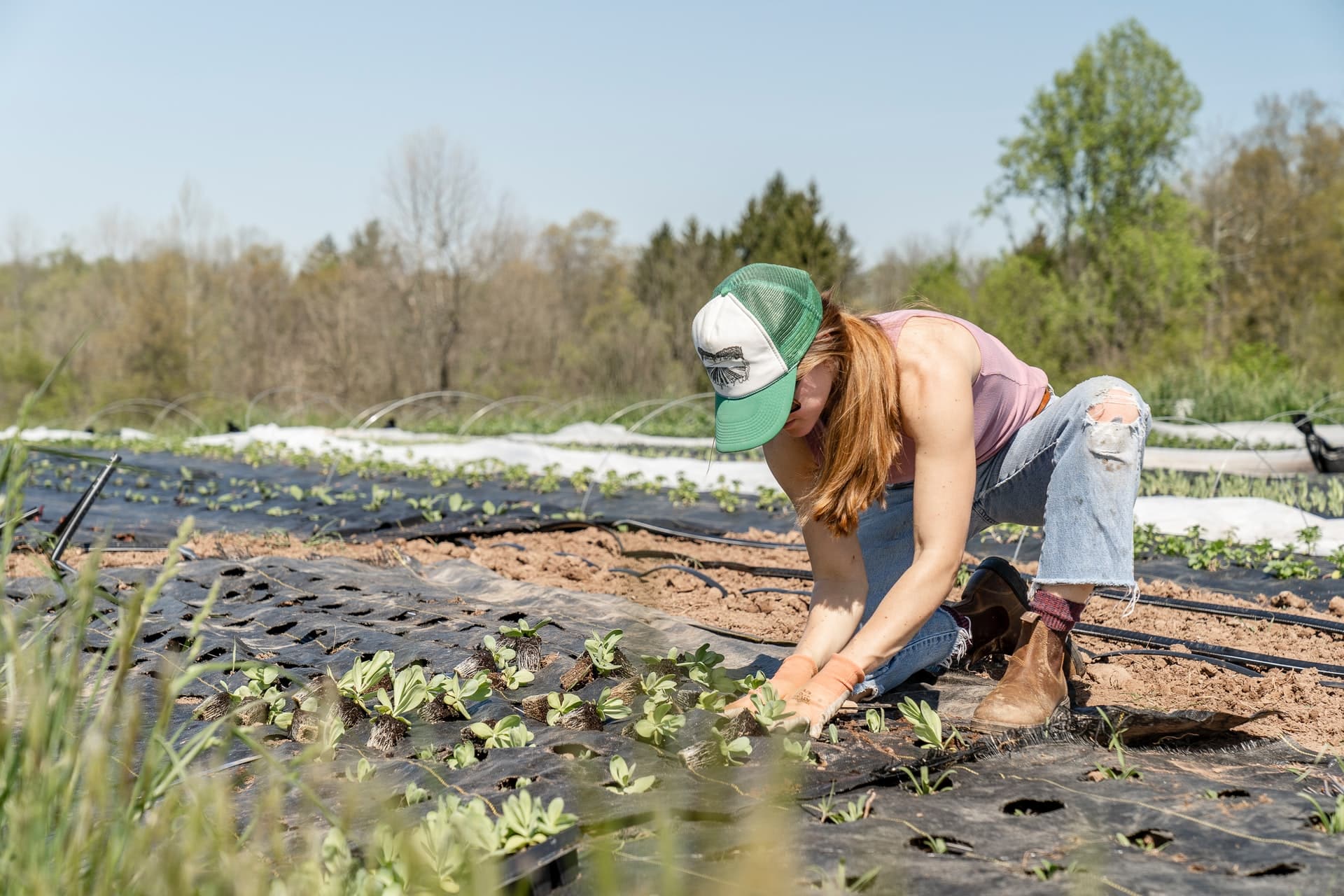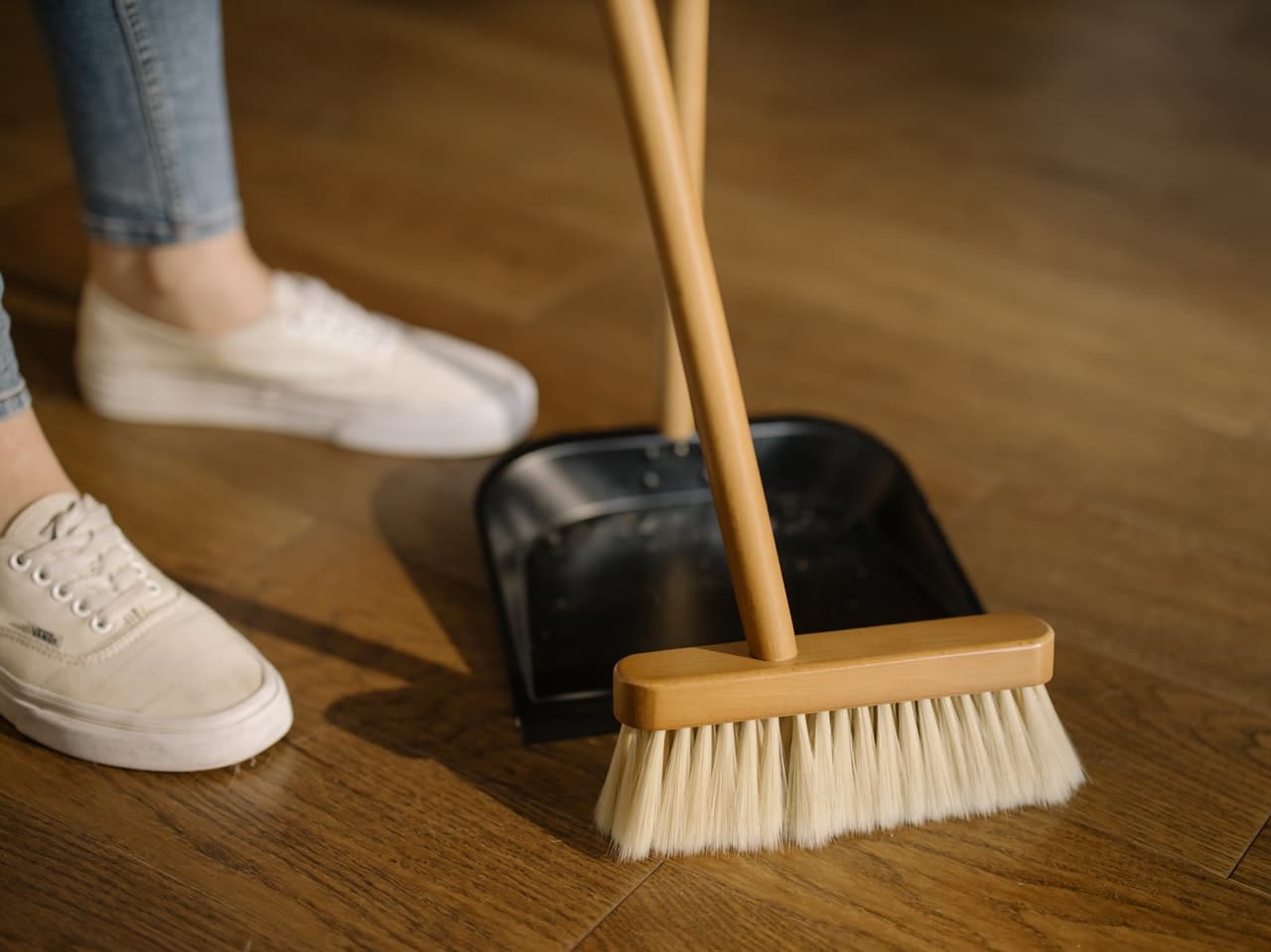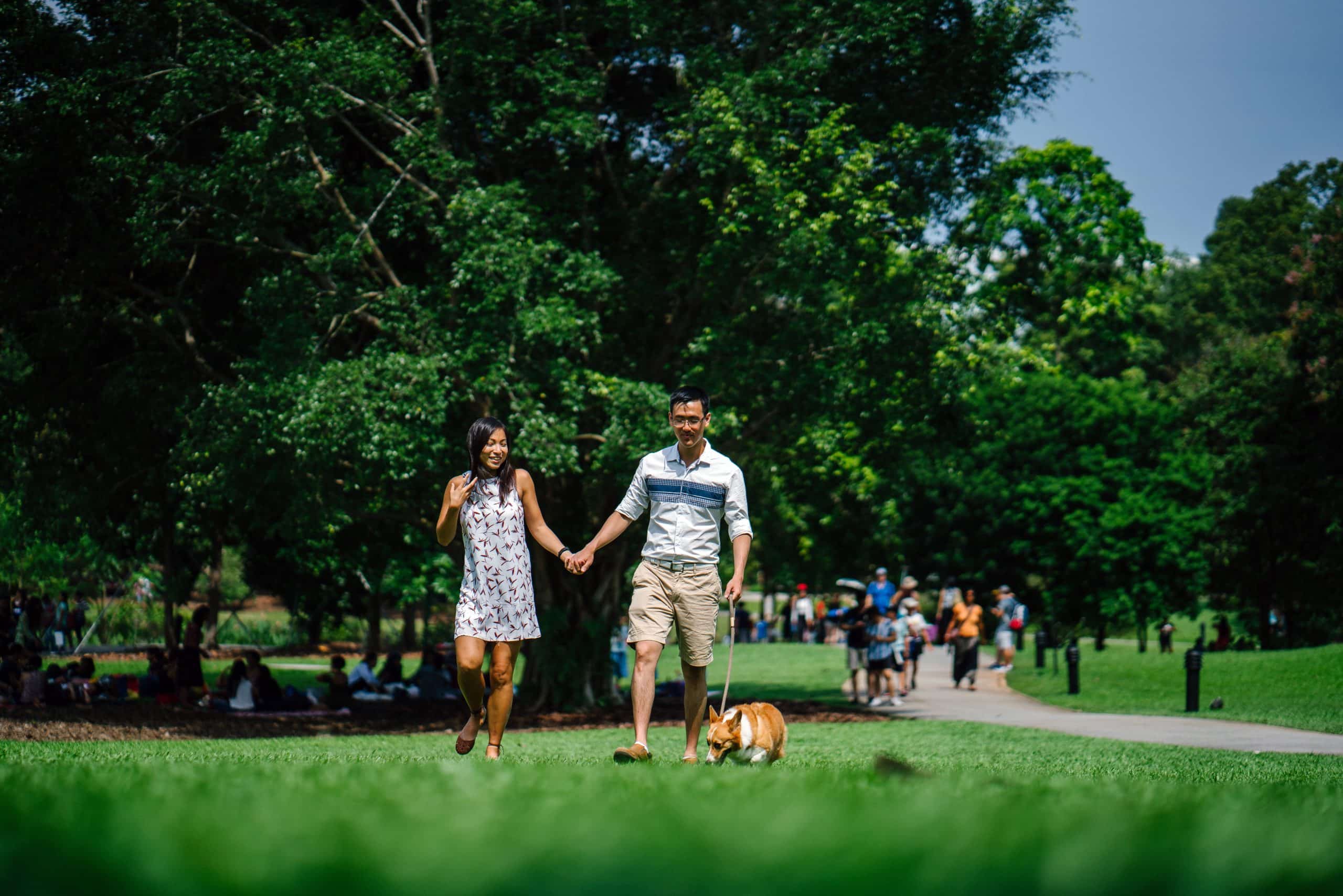
7 Useful Tips to More Sustainable Gardening
Sustainable gardening refers to farming in an eco-friendly and smart manner. It is a unique way to give back to the environment by using organic farming methods. Sustainable gardening is farming without using fertilizers and pesticides that can affect our water and soil. These farming methods can help reduce waste and also preserve natural resources whenever possible.
Sustainable farming depends more on plant diversity, composting, and beneficial insects to provide the soil with the needed nutrients. Sustainable gardening is not just a one-time thing; it is a lifestyle guaranteeing you numerous long-term benefits both financially and health-wise. In fact, food grown on a sustainable farm is rich in taste and nutrients. So, here are seven useful, sustainable gardening tips to help transform your garden into an eco-friendly farm.

7 Sustainable Gardening Tips
1. Start Composting
Composting is one of the best methods for lowering your overall carbon footprint. This is because you will be sending less waste to the landfill. Eco Peanut advises that instead of throwing away the grass clippings, flower heads, and dead leaves, you can compost them into organic fertilizer for the garden. You can even negotiate with grocery stores, schools, and parks to pick up all their compostable wastes.
Composting helps create fresh soil and reduces the need for chemical fertilizer. The compost ingredients can even help decrease soil erosions, add nutrients to the soil and improve the soil texture. So, if you want to start composting all the waste in your home, but have limited garden space, you should try vermicompost. Vermicompost uses numerous types of worms like white worms and red wigglers to create some organic fertilizers. Plus, it takes less space than traditional composting.
2. Use Mulch
Mulching is an important technique you can use to create healthy and low maintenance gardens. It is a unique way of lowering the probability of your plants getting infected. Mulching is one of the most crucial constituents of sustainable gardening. And it can be done after you have planted or just to cover the bare soil on the farm. All you have to do is spread a protective layer of bark chips, straws, and grass clippings on top of the soil. Mulching has numerous benefits, and this includes:
- Preventing weeds from springing up on the farm.
- Prevent the soil from drying out.
- Moderating the soil temperature.
- Mulching can reduce the compaction of soil
- Preventing soil erosion and also add nutrients to the soil
3. Plant Native Plant Species
Native or locally adapted plants are biologically suited to your region’s soil and climatic conditions. Therefore, they already have natural defenses against all the local pests and plant diseases. Indigenous plants can thrive in your garden without pesticides, fertilizers, and any other chemical additives.
Local plants need less water and even less effort to grow and maintain. And by planting local plants, you will be helping preserve the local insects and birds in your region by providing shelter and food for them. So, do your research and find the best native plants that thrive in your region or ask an expert at the local gardening store or nursery for suggestions.
4. Save Your Seeds
When the vegetables and flowers mature, they will produce seeds before drying out. So instead of purchasing seeds every planting season, you can collect these seeds and keep them in a cool and dry place until spring. You can use those seeds come spring to grow the plants again.
Storing seeds is a complicated process, so make sure you start with seeds easier to preserve like pepper, beans, peas, and tomatoes. Saving your seeds every season will save you some cash every year.
5. Replace Your Gas-Powered Lawn Mower With a Manual, Electric, or Solar-Powered Mower
If you plan on reducing your carbon footprint, it’s a great idea to replace your current gas-powered mower with a greener option. Luckily, there are numerous green options available. So, you can purchase an electric, solar-powered, or manual lawnmower.
According to the Environmental Protection Agency, mowing your lawn using a gas-powered lawn mower for about an hour is equivalent to driving for about 45 miles in terms of air pollution.
6. Conserve Water Resources
Sustainable gardeners conserve water resources using barrels. A sustainable gardener stores and even uses rainwater. So make sure you set up your rain barrels sooner rather than later, as it will take time for them to collect more than enough rainwater to take care of your sustainable farm needs.

The main goal of sustainable gardening is to only use natural sources of water like rivers and rainwater. And in places where rain is scarce, a watering irrigation tool can come in handy. An automated watering tool like sprinklers is faster, but they can waste a lot of water.
7. Use Beneficial Insects to Eliminate Pests
As a sustainable gardener, you are not supposed to use harmful chemicals to control pests. Therefore, you should use beneficial insects to control pests. Some of these insects feed on aphids, mites, and caterpillars, among other bugs that eat plants. And the good thing about them is these insects are completely harmless to people and pets.
One excellent example of beneficial insects you can use is ladybugs. Ladybugs are beautiful insects considered to be a sign of good luck. And the good thing about ladybugs is they feed on aphids. Just do further research online on pest problems and find a perfect beneficial insect that can help you take care of your problem.
Final Thoughts
Sustainable gardening is more than just a form of farming; it is a lifestyle choice to help you lower your carbon footprint. Besides helping you plant nutritious food for your family, sustainable gardening can also help you save a lot of cash by guaranteeing you seeds every year. The fact that you will not be using any harmful pesticide to control pests or inorganic fertilizer means you will be protecting the soil. Sustainable gardening can also help you conserve rainwater which you can use for more than just irrigation. It’s got numerous benefits all around.
Author bio: Kristen Chapple. Kristen is the editor and content creator at inspiredesignandcreate.com. She is passionate about sustainability in style and interior décor with a soft spot for DIY projects.



Post a comment